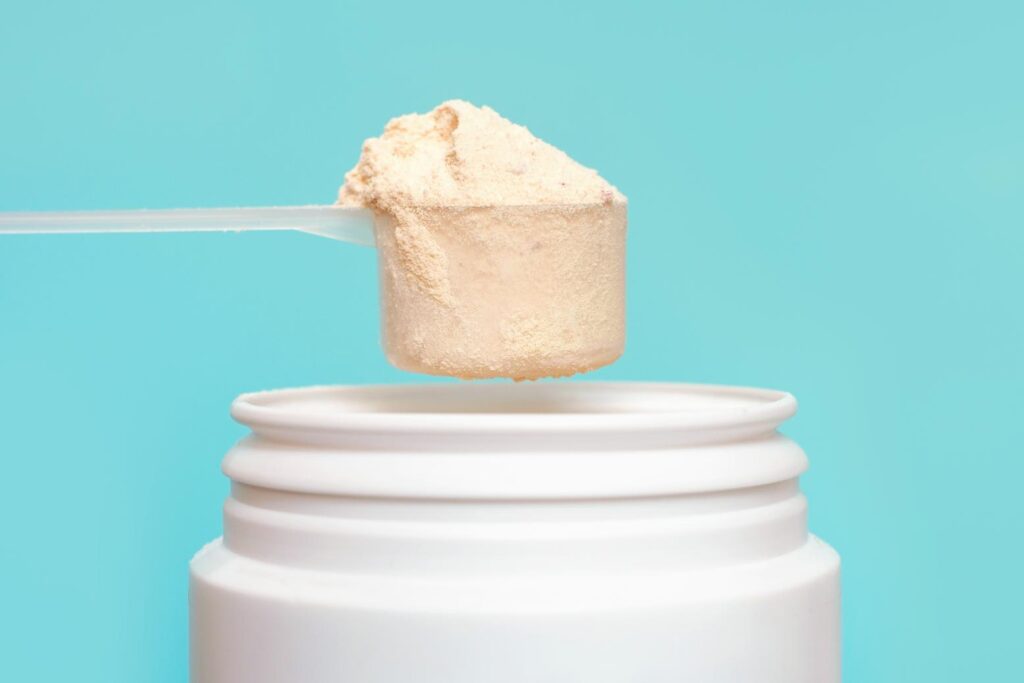Glutamine Safety Guide: What Cancer Patients Need to Know
Studies have confirmed that glutamic acid can reduce the side effects of chemotherapy and maintain immune function; when used correctly, it can help cancer patients complete treatment more smoothly.
Free cancer support
Glutamine is the most abundant amino acid in the human body, making up over 60% of skeletal muscle amino acid content. It provides energy for intestinal cells, liver cells, and immune cells (such as lymphocytes and macrophages). It also maintains gut mucosal integrity, reducing bacterial invasion and inflammation (Eur J Nutr, 2010).
For cancer patients, chemotherapy and radiotherapy often cause oral mucositis, intestinal inflammation, weight loss, and reduced immune function. Research shows glutamine supplementation can help reduce these side effects and support treatment completion (Cochrane Library, 2020; Cozza et al., 2007).
Why is Glutamine Important?

Core Principles of Safe Use
- Use during treatment and side effects: Especially useful for oral ulcers, diarrhea, and chemotherapy-induced neuropathy.
- Pause during rest or post-treatment: Avoid long-term unnecessary use.
- Suggested dosage: 15–30 g per day, typically via oral supplements (Eur J Nutr, 2010).
Consequences of Glutamine Deficiency
During cancer treatment or surgery recovery, patients are in a catabolic state, which increases glutamine demand. Insufficient levels may lead to:
- Impaired gut function (diarrhea, leaky gut)
- Reduced immune defense (decreased white blood cells, lymphocytes)
- Delayed wound healing
- Rapid weight loss, interfering with treatment
Clinical Evidence
- Mucosal protection: 11 clinical trials confirmed glutamine reduces oral mucositis, diarrhea, and weight loss during chemo/radiotherapy (Cochrane Library, 2020).
- Neuropathy: Taipei VGH study found oral glutamine reduced oxaliplatin-induced peripheral neuropathy in colorectal cancer patients (Cozza et al., 2007).
- Immune support: Supplementation helps maintain B-cell and T-cell activity (Eur J Nutr, 2010).
Natural Food Sources
Glutamine can be found in many protein-rich foods, such as:
- Seafood (fish, clams, oysters)
- Soybeans and legumes
- Cheese and milk
- Poultry, red meat, corn
- Fermented foods

Common Misconceptions: Does Glutamine Feed Cancer Cells?
Although cancer cells can also use glutamine, clinical studies do not show supplementation accelerates tumor growth. Instead, evidence suggests appropriate supplementation during treatment reduces side effects and increases treatment completion rates (Cochrane Library, 2020).
The key is timing: use during treatment to support repair and immunity, and stop after therapy ends.
Key Takeaways
Glutamine is a safe nutritional assistant during cancer treatment when used correctly.
- Best timing: During therapy and when side effects occur.
- Main benefits: Reduces oral mucositis, diarrhea, neuropathy; maintains immunity; supports mucosal repair.
- Safety note: Not recommended for patients with liver or kidney dysfunction.
With evidence-based use, glutamine can improve quality of life and help cancer patients safely overcome treatment challenges.

Contact our professional team now
References
- Cozza, P., Bossi, P., Locati, L. D., et al. (2007). Oral glutamine is effective for preventing oxaliplatin-induced neuropathy in colorectal cancer patients. The Oncologist, 12(3), 312–319. https://doi.org/10.1634/theoncologist.12-3-312
- Eur J Nutr. (2010). Glutamine as indispensable nutrient in oncology: experimental and clinical evidence. European Journal of Nutrition, 49(4), 197–210. https://doi.org/10.1007/s00394-010-0096-8
- Cochrane Library. (2020). Glutamine for people undergoing chemotherapy and radiotherapy. Cochrane Database of Systematic Reviews.
